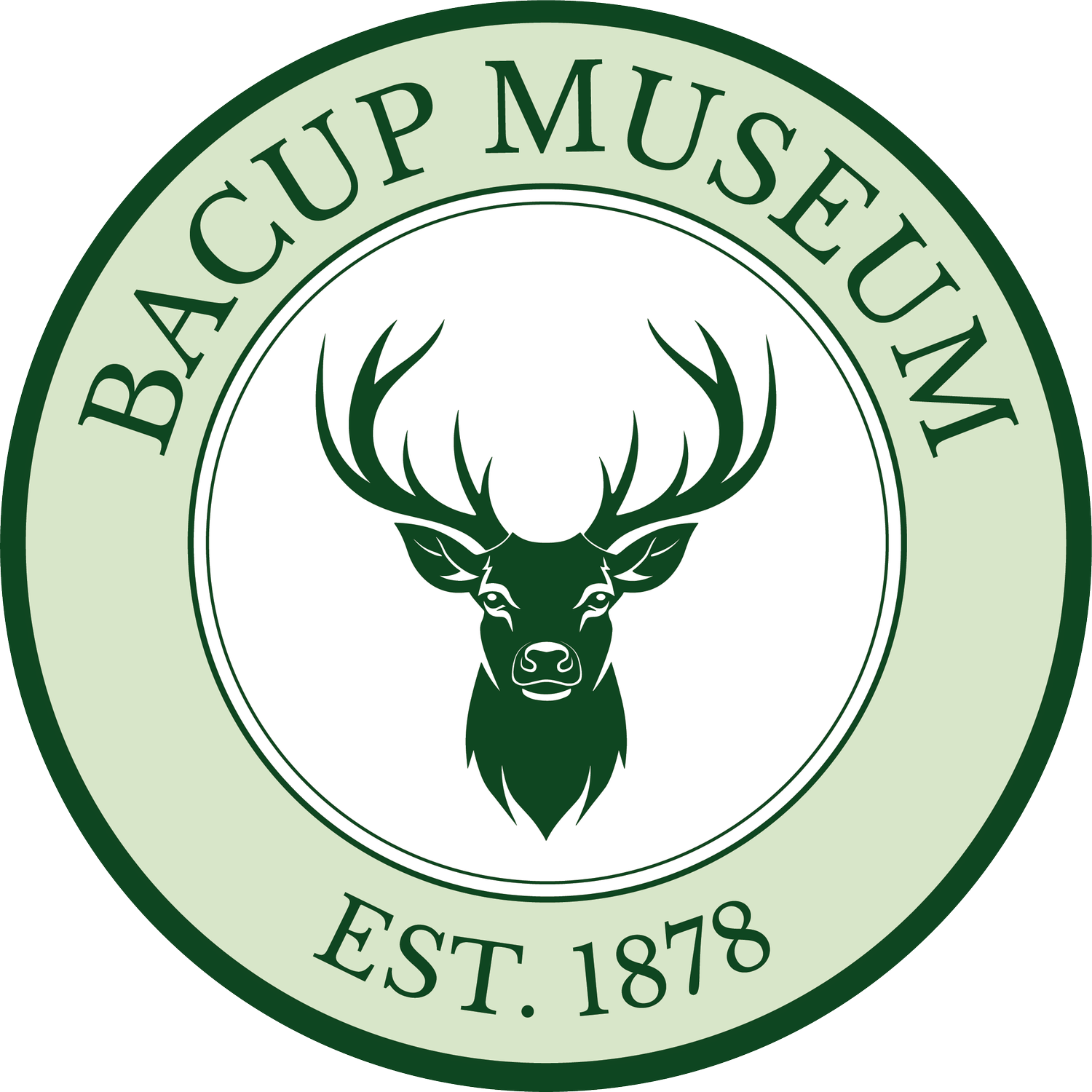A Very Special Nurse
On the 4th May, 1945, Field Marshall Montgomery accepted the unconditional surrender of the German Forces at Luneburg Heath, south of Hamburg. A few days later, Nursing Sister Mary Fort the youngest daughter of Harry and Annie Fort of 4 Edward Street, Bacup, who qualified as a nurse in November 1934 after training at the Bolton Royal Infirmary, was one of 50 British nursing sisters who travelled for four days in a convoy of ambulance’s over 600 miles from Bruges in Belgium to Luneburg to assist and nurse the Allied wounded and displaced persons of all nationalities, many of whom were suffering from typhus.
Group of QAIMNS outside Celle Barracks.
Surviving on bully beef and biscuits, they slept one night in a barn, another in a convalescent home, and a third night in a convent. The team of nurses made up the 74th British General Hospital of the 2nd Army led by nursing sister Miss Z Scott. The average age of the nurses was 25,and they had been together since Normandy, several of them having seen service in Egypt, Palestine and Persia.
One patient at the hospital, who was being treated for a bullet wound to his head, was Driver Harold Kenyon who wrote to his wife at 69 Bankside Lane, Bacup telling her how Mary was treating him. A rather more infamous patient being treated in the Luneburg hospital whilst Mary was stationed there was William Joyce, otherwise known as Lord Haw-Haw, who spent the war broadcasting anti-British propaganda on behalf of Nazi Germany. He had been shot in the buttocks by British forces at the time of his arrest when it was thought he was reaching for a weapon, he was reaching for his forged identity papers.
Following his recovery and removal from Britain, he was convicted of High Treason and executed on the 3rd January 1946. The hospital was also the location where Reichsführer SS Heinrich Himmler’s body was taken for autopsy after he committed suicide on the 23rd of May by biting into a potassium cyanide capsule embedded in his teeth.
As if the horrors of war weren’t enough for the nursing staff to deal with it would seem that the close proximity to the Bergen Belsen concentration camp meant they also nursed some of the camp inmates.


